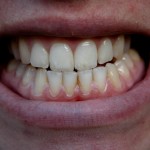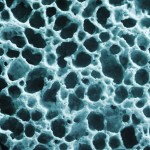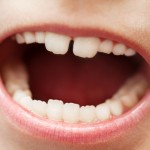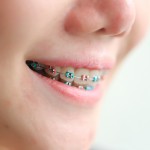
This review and network meta-analysis of seven treatments for white spot lesions (WSLs) included 36 clinical RCTs published since 2007. The findings suggest that self-assembling peptide P11-4 and resin infiltration had a positive effect on WSLs but the findings should be interpreted cautiously.
[read the full story...]



